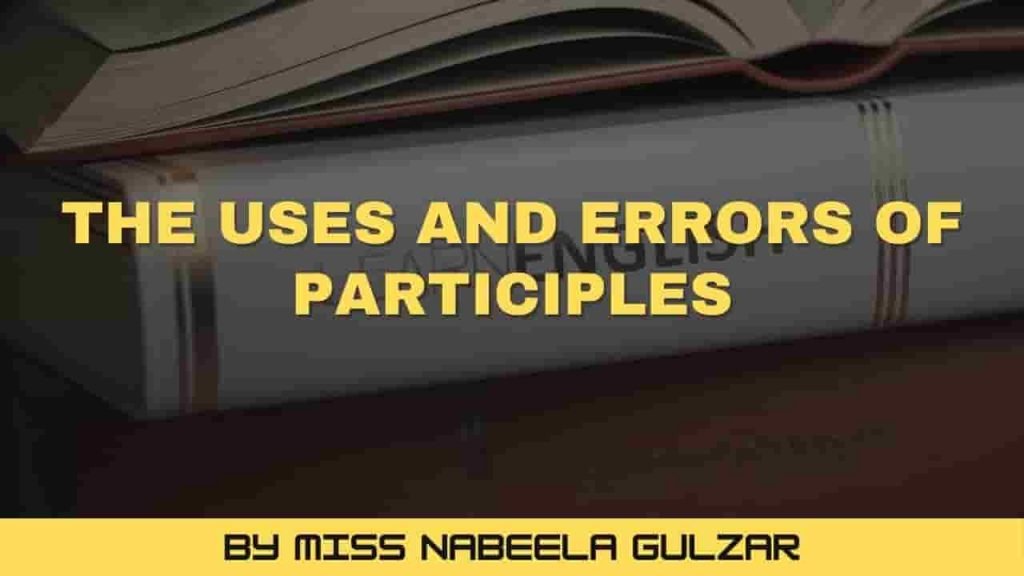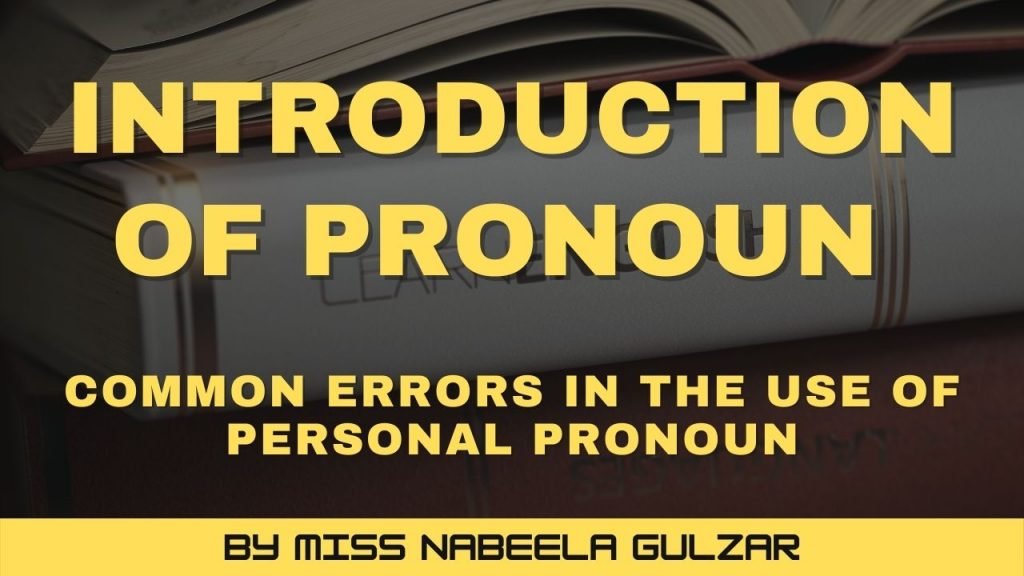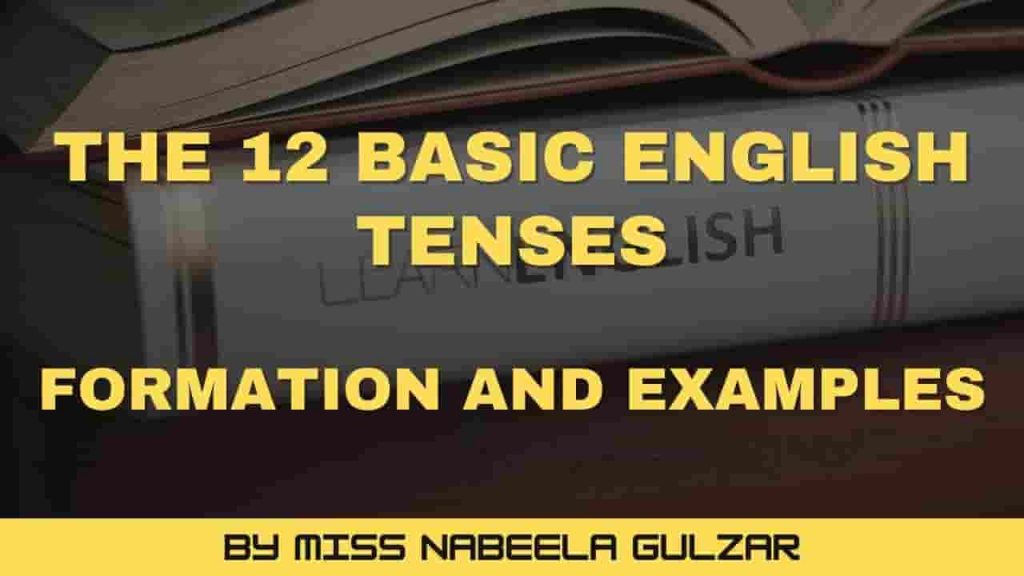Some Common Pitfalls in the Use of Adjectives
This is a worth seeing sight. (Incorrect)
This is a sight worth seeing. (Correct)
1. An adjective is generally preceded by a noun such as:
tall tree, red rose,etc.
But there are some nouns which are followed by an adjective.
Such as:
Open your book at page nine.
(Here nine is an adjective which is followed by a noun).
The following nouns are followed by an adjective,
Example:
i. Open your book on forty page. (Incorrect)
Open your book on page forty. (correct)
Time immemorial, Allah Almighty, Body politics etc.
Examples:
i. Almighty Allah has saved us all. (Incorrect)
Allah Almighty has saved us all. (correct)
2. Less, Little: use with uncountable nouns. For example,
Little milk. Less work, little water, etc.
Few, Fewer: use with countable nouns. For example,
Few boys, few bottles, few cats, etc.
Examples:
i. I have less troubles than that of my brother. (Incorrect)
I have fewer troubles than that of my brother. (correct)
ii. He has fewer milk to drink. (Incorrect)
He has little milk to drink. (correct)
3. Somewhat is an adverb which cannot define a noun.
Some is an adjective which describe a noun,
Example:
i. He spoke with somewhat anger.(Incorrect)
He spoke with some anger. (correct)
Note: In this example somewhat is an adverb which is followed by an adjective.
It is wrong as it described a verb. So we use ‘some’ because it is an adjective.
4. Use than instead of to after prefer or preferable.
Don’t use more or most before them.
Example:
i. Health is more preferable than wealth. (Incorrect)
Health is preferable to wealth.(correct)
5. Blind, deaf, disabled, healthy, sick, living, dead, rich, poor, young, old, and certain other adjectives describing the human character or condition can be preceded by ‘the’ used to represent a class of persons. These expressions have a plural meaning; they take a plural verb and the pronoun ‘they’.
Example:
The poors should be treated kindly. (Incorrect)
The poor should be treated kindly.(correct)
6. Use ‘both’ when working together.
Use ‘neither’ if no one has to do anything.
Example:
1. Both men have not come.(Incorrect)
Neither man has come.(correct)
7۔ Adjectives used with the Verbs.
Some verbs are always used with adjectives, expressing the quality of the subject and not with the adverbs.
Such as:
He walks slowly.
In this sentence ‘walk’ is a verb which is followed by an adverb ‘slowly’.
But in some cases we can use adjectives after some words to describe the quality of the subject.
Examples:
i. The flowers smell sweetly. (Incorrect)
The flowers smell sweet. (correct)
ii. I feel warmly. (Incorrect)
I feel warm. (correct)
iii. Wheat sells dearly. (Incorrect)
Wheat sells dear. (correct)
iv. This kinds of books is necessary for B. A. (Incorrect)
This kind of book is necessary for B. A. (correct)
Note:
This kind/ sort /of books, people, ideas, desires. (correct)
These kind, kinds or sorts. (incorrect)
8. If two adjectives are used in the sentence and one of them is superlative, make the both adjectives superlative. Apply ‘the’ just before the first one.
Example
i. He is the ablest and rich man of the city.(Incorrect)
He is the ablest and richest man of the city.(correct)
ii. She is the best and beautiful girl of the class. (Incorrect)
She is the best and most beautiful girl of the class. (correct)
9. Do not use ‘two’ with ‘half’.
Half means two so never use two after half.
Example:
Cut the loaf into two halves. (Incorrect)
Cut the loaf into two halves. (correct)
Hopefully, your concept about Some Common Pitfalls in the Use of Adjectives is clear now, This lecture is part of the whole series of English Grammar by Miss Nabila Gulzar, For Other Lectures Click Here also We have an Essay on every topic, Check the complete list here. If you are Studying in Matric Free Video Lectures of Maths, Physics and English are here, and also we have got you covered for I.COM Business Maths also.







